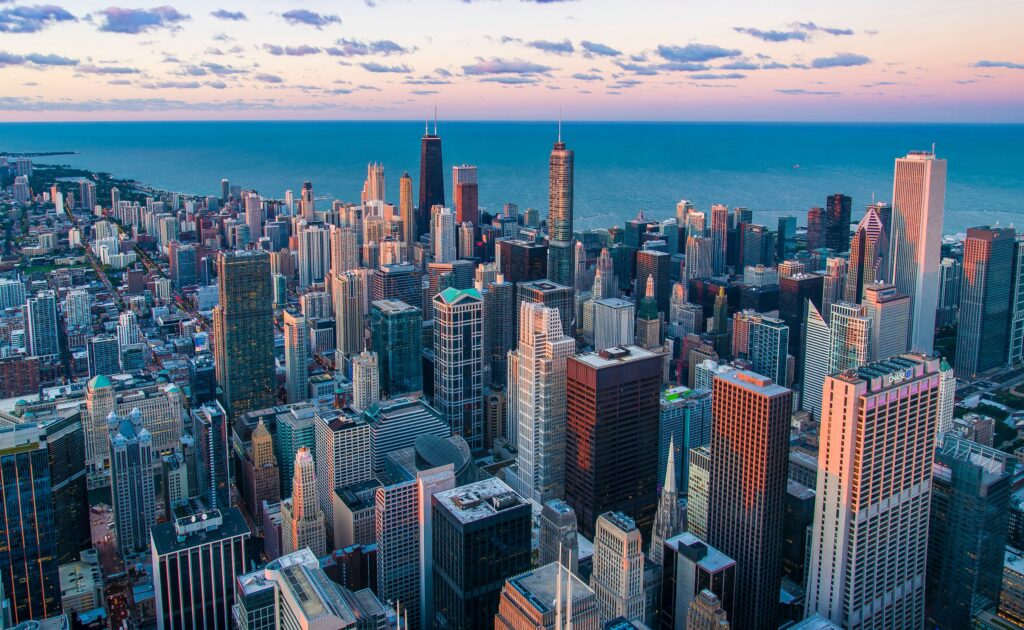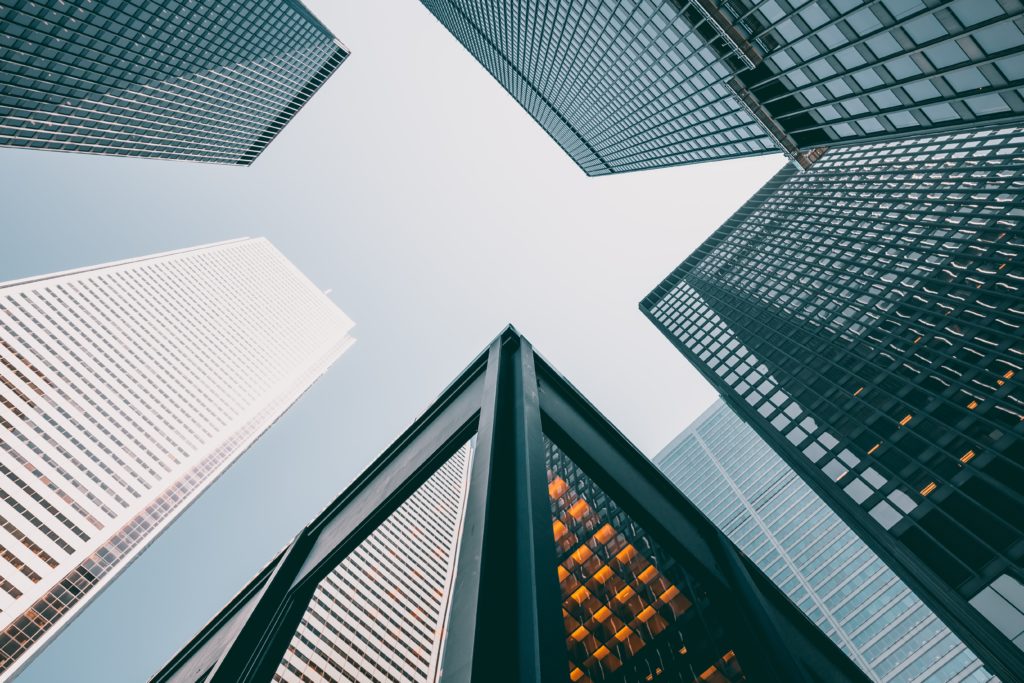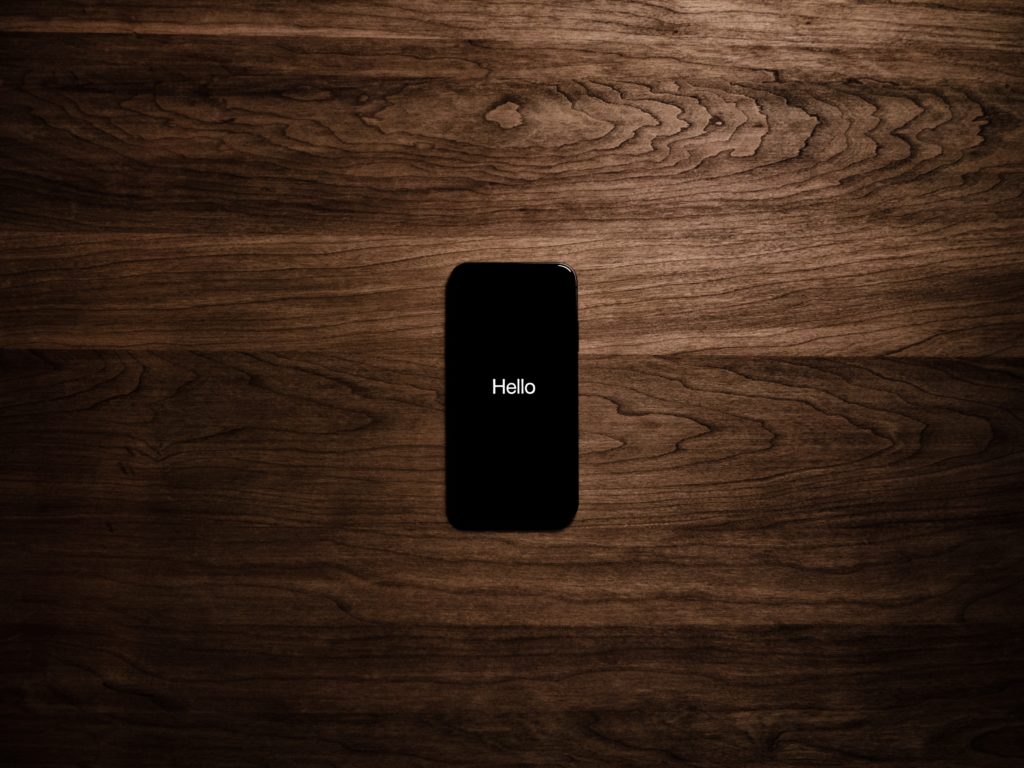![]() A Q&A with filmmaker Randall MacLowry, producer and director of American Experience’s Silicon Valley, a documentary about the history of the region and its rise to the forefront of the technology startup world. The film premieres tonight at 9pm EST on PBS stations across the U.S.
A Q&A with filmmaker Randall MacLowry, producer and director of American Experience’s Silicon Valley, a documentary about the history of the region and its rise to the forefront of the technology startup world. The film premieres tonight at 9pm EST on PBS stations across the U.S.
SUB: Tell me a little bit about your documentary filmmaking background, and how you came to this project.
MacLowry: I produced this film with my wife, Tracy Heather Strain, through our company The Film Posse. I have been working in documentaries for over 20 years, and the majority of the programs I have worked on have been for public television. I had done several projects for PBS’s American Experience in the past, and was delighted to be asked to work on this by Mark Samels, the executive producer of the series.
SUB: How did this project germinate? Who originally conceived of the idea?
MacLowry: The idea for the film was originated by American Experience, the PBS history series produced out of WGBH in Boston.
SUB: Why is this an important story to tell?
MacLowry: This is an important story to tell because the technological revolution that happened in Silicon Valley has radically changed the way we live and communicate in the 21st century. Apple, Google, Facebook, Twitter and other hi-tech companies dominate the news today, and the foundation for these companies is rooted in the story of Robert Noyce and his colleagues at Fairchild Semiconductor.
SUB: In the documentary, you profile the team that founded Fairchild Semiconductor, and in particular Robert Noyce, who went on to found Intel. How significant was Noyce to the establishment of Silicon Valley as an international technology hub?
MacLowry: Noyce and his colleagues were central to the creation of what today we think of as Silicon Valley. Beyond the technological innovations, Noyce in particular was hugely influential in shaping the more democratic and egalitarian business culture that continues to this day in Silicon Valley. Their rejecting of the traditional hierarchical business structure—whether it was embracing a more casual dress code to forbidding executive dining rooms and parking spaces or providing company-wide stock options—laid the foundation for the more open and innovative businesses of today.
SUB: In terms of culture, in what ways did Fairchild Semiconductor establish a unique and lasting culture in Silicon Valley? What were some of the specific ways they were innovative?
MacLowry: Fairchild Semiconductor, under Noyce’s leadership, really worked hard to break down the barriers or lines between management and workforce. Noyce really emphasized teamwork and believed everyone was part of the team. Everyone’s contribution was important and it was important that they felt valued. Noyce and Gordon Moore would implement this more fully at Intel where they could really control all aspects of how the company would run. At Intel, the company-wide stock option—where everyone regardless of their position could benefit from the success of the company—was very innovative for the time.
SUB: What were some of the challenges you and your crew faced in getting this documentary made?
MacLowry: Some of the biggest challenges were in researching and locating all the archival material to tell this story. We were fortunate that Fairchild Semiconductor documented their growth, and that there were people who realized the importance of making sure these materials got saved for posterity.
SUB: Do you think that many of the key entrepreneurs operating in Silicon Valley today have any kind of understanding of the region’s history, in terms of technology?
MacLowry: To be honest, I can’t answer that question. However, I will quote one of our interviewees in the film, long-time Silicon Valley journalist and writer Michael S. Malone: “This Valley is perpetually young.…We’re not really big on history around here. We don’t look back very much.” We hope this film brings more attention to the fascinating and important story of how Silicon Valley came to be.
American Experience: Silicon Valley – www.pbs.org/wgbh/americanexperience/films/silicon/








